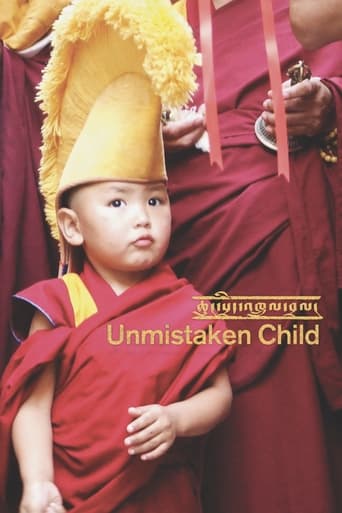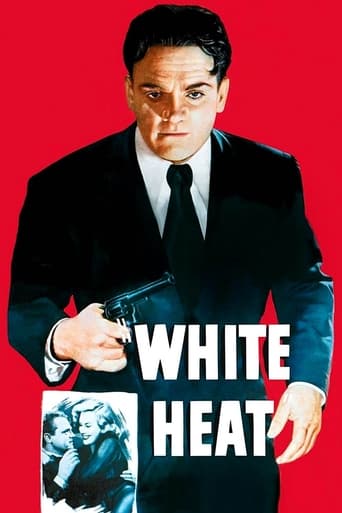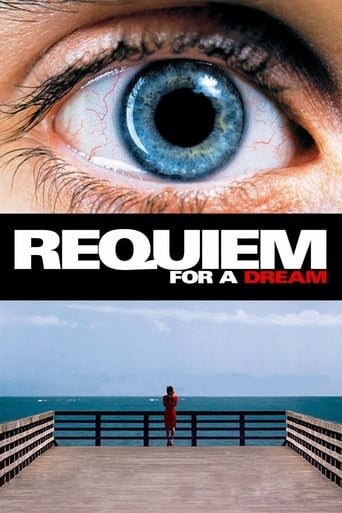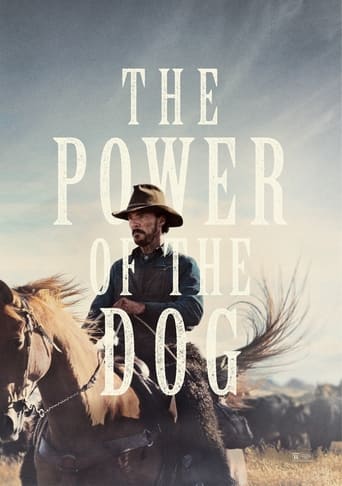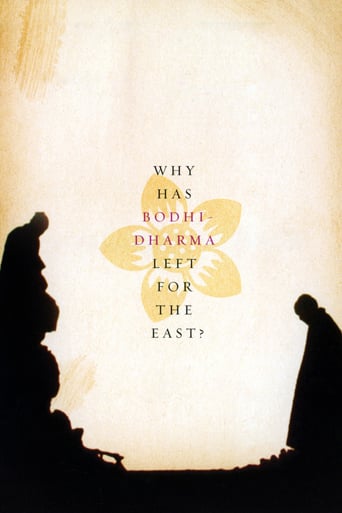


Why Has Bodhi-Dharma Left for the East?
About three monks in a remote monastery; an aging master, a small orphan and a young man who left his city life to seek Enlightenment.
-
- Cast:


Similar titles
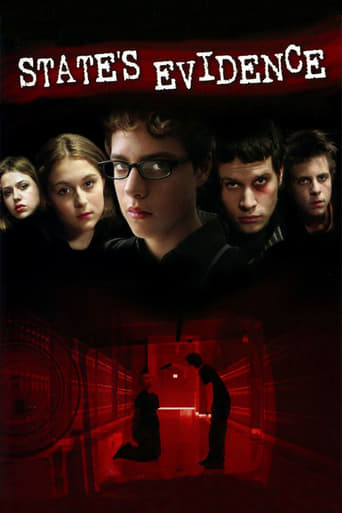
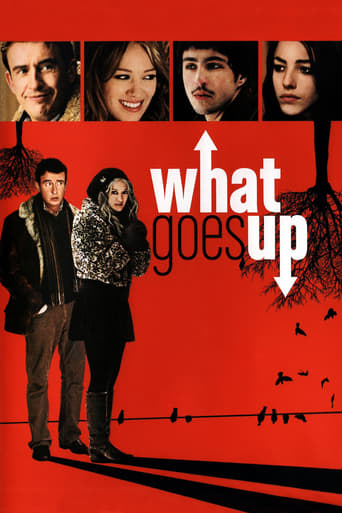

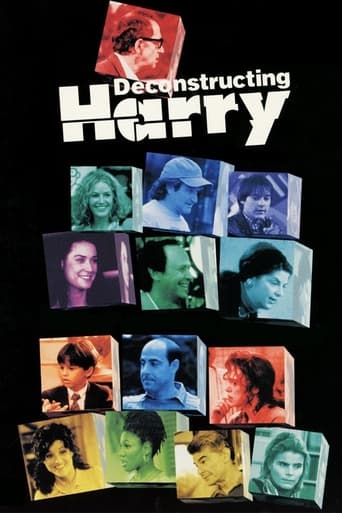
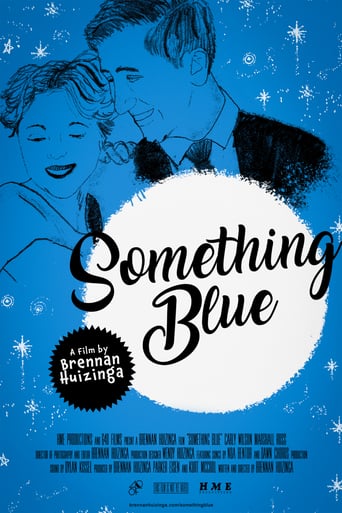
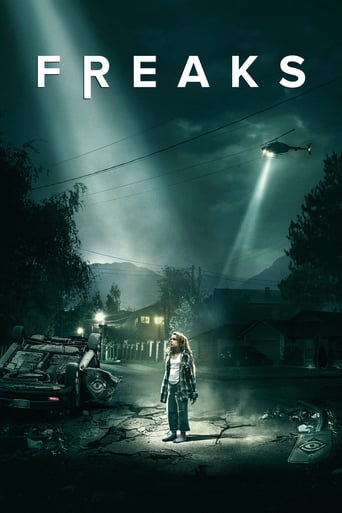
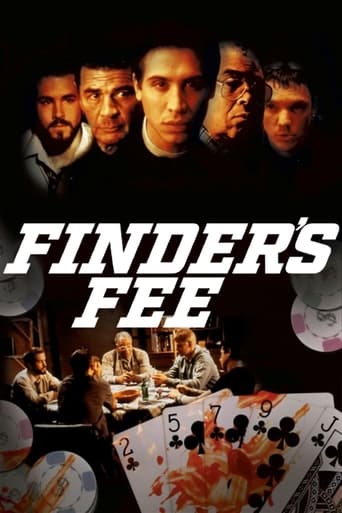


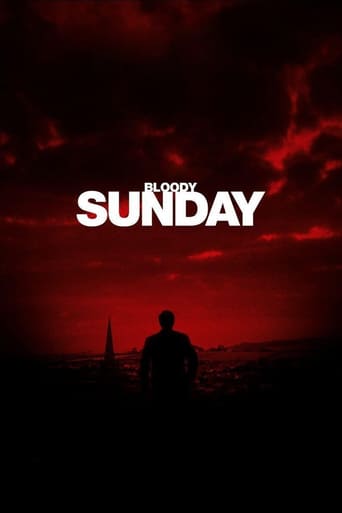
Reviews
This Movie Can Only Be Described With One Word.
I wanted to like it more than I actually did... But much of the humor totally escaped me and I walked out only mildly impressed.
a film so unique, intoxicating and bizarre that it not only demands another viewing, but is also forgivable as a satirical comedy where the jokes eventually take the back seat.
Blistering performances.
How to approach beautiful, crazy Zen in a way that makes sense to us in the West? In a way that it, and this film, can actually inform us.This problem, one of translation, was inherited by cinema. China conceived this poetry where humane dispassion is passionately sung about, where a flower looks back at us looking at it, but we know of Zen from Japan, us here most likely from their cinema. Perhaps even without knowing it.But when the most fascinating form to express it in came along, so did Mao. Japan shouldered the task to do what the Chinese couldn't, with their affinity for broken symmetries and abstraction cultivated in the tea room, but even here we concede to a certain unfamiliarity that keeps these things at a distance. Teshigahara makes some general sense to us, but he's not really opened until we learn about ikebana.How to bridge the rift then? Which is bigger than we think because we have the words, 'emptiness', 'desire', 'self', but mean by them wholly different things than the Buddhist.Which is to say; having been brought up in a culture that distinguishes between the omnipresent creator who created something out of nothing and us as creatures separately placed in that world to atone for an original, ancestral sin (which means that the world itself is the punishment), or still swears by Descartes' old stratagem that we are because we think, how can we begin to wrap our heads around notions of emptiness as actually soothing? What are we to make of Zen poems that speak of death, which so terrifies us, as merely the echoes of bamboo flutes returning to the bamboo forest? When Zen Master Ikkyu says that "I'd like to offer something to help you; but in Zen, we don't have a single thing", take his word for it. He's being a bit of a smartass, but that's because he wants you to listen for a moment. Which is to say that if we come to this looking for something, a taste of Zen that will guide us home, we'll likely have to struggle to stay awake long enough to realize that there is nothing to be offered.More precisely, nothing to be taught. But if we become aware instead? If we come to embody what the film does? We are related with various aspects of the teachings here, how ego and desire bind us, how in stillness of mind we can free ourselves of those bonds. The illusionary burden of duality. But as the young monk meditates, a cow breaks free of her captivity. So what to do?Down in the city, the monk offers up his alms' bowl in the middle of the busy marketplace. This is where stillness of mind attains proper meaning, in the sound and fury. But again, if the film has few words to impart, and it does, like a visual mantra which in repetition calls for us to concentrate on the texture of the sound itself, what are we to take from it? Perhaps a few pointers to wisdom, mere signposts on the road.Most importantly, meditational absorption (the actual Chan/Zen). Again we may be troubled by our inclination to regard images here as symbolic, as meaning something else, a flying crow or a cow leading a boy, when things are actually simpler; which is the most complex they can be. This is not a mystical work, things here mean what they are. If it is difficult to come to terms with this, it's because we've been so accustomed to grasp 'flower' by what stored ideas we have of 'flower'. Descartes again.But to depart is to arrive, as the dying Zen master says. To send the mind out is to see it come back again. Isn't that cool? So how to depart from established notions? How to look at the flower as it looks back at us, to actually do this? One of the great contributions of Zen to this conundrum is the koan, the enigmatic phrase whose purpose is to tie our tongue so that we may reflect in silence. There is a koan asked of the novice in this, which points towards the kensho, the awakening of the true self. The title of the film is another. Life is the most complex; how to gather all the different notes we can feel played out in us into a single harmonious music? And how to play that music, actively, joyfully, as it plays us? There is no right or wrong answer to these, other than what we embody through our experience. Embodying this is enough. And by this I don't mean a fancier version of being 'mesmerized'. I mean be one with it, like the calligrapher becomes one with his brush, the haiku poet with his blank paper. Hear what is said, then be quiet as the question answers itself.Something to meditate upon.
This movie is quite a bit like "Spring, Summer, Autumn, Winter, and Spring."It must be a Korean genre. The photography is absolutely magnificent, but the Takemitsu-like music will put off some people. It leaves you with an eerie feeling.There is a story and not altogether a happy one. These forest monks are still homo sapiens, replete with all the urges and desires and wonderings that drive us mad. In both films, there is an old master who is quite sure of himself and of Buddhism, but that is offset by a younger monk who must leave for the world.So see both these movies and draw your own comparisons.
The thing about Why has Bodhidharma Left for the East that struck me the most was the life of the little boy, Haejin. In particular, there are two connected scenes that were superbly done, and the strongest impression I got from Why... is the symbolism to be found within them. In the first of the two scenes, relatively early in the film Haejin picks up a rock off of the ground and, for no apparent reason, takes aim at a bird and hurls the rock at it. After he strikes the bird in the head and the bird falls to the ground, Haejin runs over to it and examines it. At this point, Haejin clearly is stricken with guilt and is remorseful for what he has done. Rushing back to the monastery, he avoids his Master and covertly hides the bird, seeking to nurse the bird back to health.Later in the film, Haejin is swimming with some boys in a pool of water when the boys take to dunking Haejin under the water. As the scene progresses, Haejin is seen emerging from the water repeatedly, struggling, gasping for air and trying to free himself as best he can. Ostensibly, the boys around him do not see that they are harming Haejin; they dunk him underwater for fun, and the possibility that he could drown does not even occur to them. Although, after a few minutes of the dunking, some boys on the outskirts of the pool look on with worried faces, nobody expects that the action could seriously hurt Haejin, and accordingly nobody acts to help him.The most fascinating thing about these two scenes is the parallelism: not particularly thinking of the possible consequences, young boys behave dangerously, and someone or something ends up getting hurt. Haejin thoughtlessly hurls the rock at the bird and damages it physically, whereas the boys at the pool gang up on Haejin and dunk him underwater, terrifying him emotionally. I think this is an issue of karma: Haejin does not think about the consequences of hurting the bird, which is mirrored by the boys' thoughtless torment of Haejin.And yet, another really interesting thing about the situation was the difference in behavior that took place after the thoughtless violence. Immediately, Haejin realized that he had done something wrong, that he had wounded the bird terribly, so he rushed to take care of it and help it. Presumably, the boys who were harassing Haejin did no such thing, for in and after that scene we see neither guilt nor any attempts to mend fences on their part. The immediate question is then why: why does Haejin see the mistake he made and try to rectify his wrong whereas there is no such action by the boys? I think that the answer lies in the fact that the viewer is supposed to note that Haejin is a Buddhist, whereas the boys are from the "world," and it can safely be assumed that they do not follow the path of those in the monastery. The viewer is supposed to identify the distinct difference between those of the monastery and those from the world. The concept of the how the world is can be found in Haejin's master Hyegok's explanation to Haejin that the world outside the monastery is full of pain and thoughtlessness. (The scene at the pool is the point where the director of the film gives the viewer the opportunity to see Haejin in a situation that verifies what the Master said. Kibong had the same opportunity when he went home to see his mother). Although there is not much of an observable difference in the behavior of the boys during the violent behavior - for all are only little boys prone to stupidity - the emphasis is the Buddhist response to the situation as opposed to the non-Buddhist response.Although I do not think that I understood everything in the film - when Master Hyegok was talking about really deep and spiritual things, he spoke quite fast and I did not really catch everything that he said - I think that I understood at least some of the movie. Overall, I enjoyed the film, particularly the scenery and the painstaking attention to detail. Most of all, I enjoyed leaving the film room thinking about it and trying to understand its symbolism and messages.
Yong-Kyun Bae is an art professor at a university in Korea. "Dharma" was virtually a solo effort by him and it took ten years to complete. The movie has little plot to speak of, and consists of a series of images, a slide show of moving images about a man's path to Enlightenment. They are strikingly beautiful and force the viewer to contemplate one's own life and existence. On the surface, all of the images are serene but underneath them lie deep power and a palpable spiritual yearning. As one reviewer aptly put it, "This movie is not about Zen, it is Zen."Bae has made a second movie which was released in 1997. It is also very contemplative but unfortunately is nearly incomprehensible.


